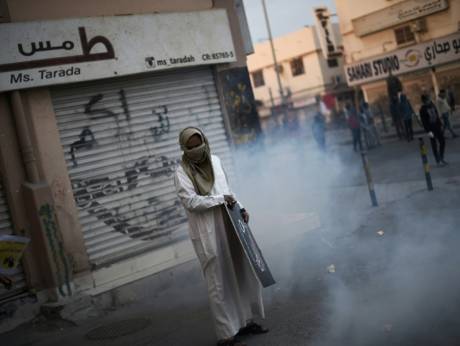Bahrain criticized Human Rights Watch’s (HRW) annual report regarding the gulf kingdom. The 659-page document released by HRW in late January 2016 covers human rights in 90 countries. The report documented a number of human rights abuses in Bahrain, to which the Bahraini government responded, saying it “contains fundamental errors,” and “a number of claims are inaccurate.” Bahrain’s Advocate General said the Public Prosecution was “deeply disappointed by the ‘unbalanced and misleading claims’ made within the report,” which “entirely ignore the significant and widely recognized security and human rights reforms that have taken place within Bahrain.”
Following the government’s suppression of the peaceful mass protests in Bahrain in 2011, King Hamad authorized the establishment of the Bahrain Independent Commission of Inquiry (BICI) to investigate allegations of human rights abuses perpetrated by the government. One of the recommendations suggested by the BICI was the establishment of a national independent and impartial mechanism to investigate human rights abuses. This resulted in the formation of the Special Investigation Unit (SIU). While the government says that the SIU is entirely independent and impartial, Americans for Democracy & Human Rights in Bahrain found that, on the contrary, the SIU and Public Prosecution Office were neither independent nor impartial. Furthermore, despite the BICI’s recommendation to separate the Inspector General’s office from the Ministry of Interior (MOI) in order to ensure the carrying out of independent investigations of complaints, the Office of the Inspector General remains under the purview of the MOI. The Inspector General has “routinely rejected allegations of systematic torture” and “accused victims of trying to arouse political sympathy.” Given the lack of independence and impartiality of the mechanisms whose supposed function is the protection of human rights and the prosecution of human rights abusers, Bahrain’s criticism of HRW’s report raises several questions.
Tyler Pry is an Advocacy Intern at Americans for Democracy & Human Rights in Bahrain
Photo courtesy of Gulf News





